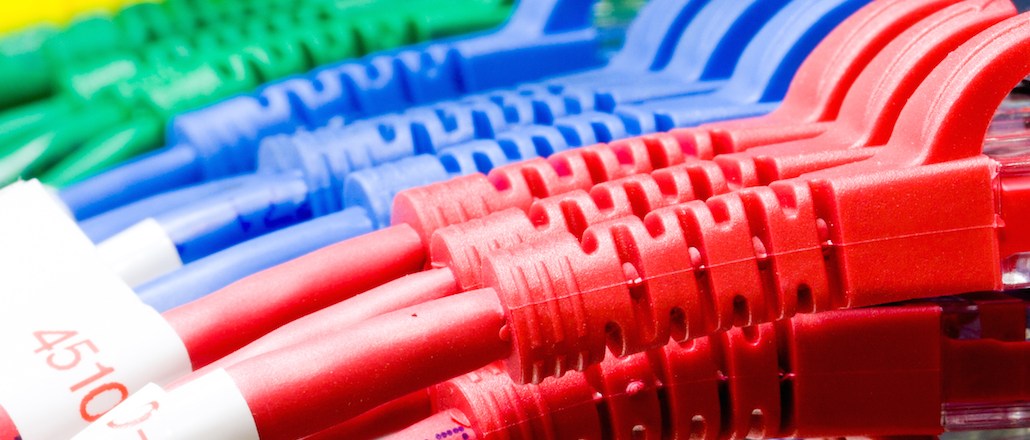Save 50% on a 3-month Digiday+ membership. Ends Dec 5.

Net neutrality rules from the Federal Communications Commission are as much of a win for YouTube and Netflix as they are for video startups like Vessel.
The FCC is expected on Thursday to approve rules treating the Internet as a public utility, meaning cable companies and Internet service providers (ISPs) can’t throttle certain traffic or open up fast lanes for companies with deep pockets. That’s great news for the tech community, which has rallied behind regulation that would treat all Internet traffic equally. It’s particularly important for video providers, as streaming high-definition video to people across the globe requires an enormous amount of bandwidth — far more than delivering tweets from Twitter’s servers to users’ laptops and smartphones, for example.
“This is terrific for every single video provider on the Web that is not also an ISP,” said Rebecca Lieb, a media analyst at The Altimeter Group.
Proponents of net neutrality argue that ISPs charging companies such as Netflix for adequate traffic flow across their network — Verizon and Comcast have done exactly that — creates an unfair advantage for incumbent players, fostering an environment unfriendly to cash-strapped startups and other innovators.
“If I come up with a really awesome video-distribution service that runs over BitTorrent, for example, I don’t have to worry about my ISP shutting off BitTorrent in favor of Netflix,” said Jeremy Gillula, a staff technologist at the Electronic Frontier Foundation. “It allows people to use the Internet in a very flexible way, and it’s not going to be dictated by what American ISPs think they can get the most money out of.”
Yet incumbent video giants, including Netflix and Google, also fought back against the ISPs’ attempt to squelch net neutrality efforts. And that wasn’t an empty public relations effort.
“They think it’s more economical to compete on features than on paying ISPs,” said Gillula. “In some sense, if they pay the ISPs, if there aren’t regulations about it, the ISPs can keep jacking up the fees. Then you lose that advantage.”
Ad position: web_incontent_pos1
In other words, Netflix gets to invest the money it would have thrown at Comcast and Verizon on more original series like “House of Cards” as well as new features and technology.
“They are investing in content, and that’s money better spent,” said Lieb. “It’s spent on innovation and creation, rather than an artificial barrier.”
Gillula dismissed the notion that net neutrality negatively affects the end user’s video-consumption experience, even if Netflix and Google aren’t allowed to pay ISPs for a fast lane. Those companies can still invest in building out their content-delivery networks, an advantage wealthy companies have over startups. The more nodes Netflix has in its content-delivery network, the less it has to pay in bandwidth and transit costs, because it doesn’t have to send its content as far across the Internet’s pipes — and the faster that content gets into your home.
Another common argument against net neutrality is that the ISPs will stop investing in their networks because net neutrality destroys that incentive. Gillula doesn’t buy it. They’re going to keep investing, because that’s how they make money, he said. “And as Netflix rolls out 4K [resolution] video, that will require more bandwidth, and ISPs will be only too happy to roll out a [more expensive] plan that allows for 4K videos simultaneously in the household.”
Main image courtesy of Panom Pensawang / Shutterstock
More in Media

What publishers are wishing for this holiday season: End AI scraping and determine AI-powered audience value
Publishers want a fair, structured, regulated AI environment and they also want to define what the next decade of audience metrics looks like.

Digiday+ Research Subscription Index 2025: Subscription strategies from Bloomberg, The New York Times, Vox and others
Digiday’s third annual Subscription Index examines and measures publishers’ subscription strategies to identify common approaches and key tactics among Bloomberg, The New York Times, Vox and others.

From lawsuits to lobbying: How publishers are fighting AI
We may be closing out 2025, but publishers aren’t retreating from the battle of AI search — some are escalating it, and they expect the fight to stretch deep into 2026.
Ad position: web_bfu